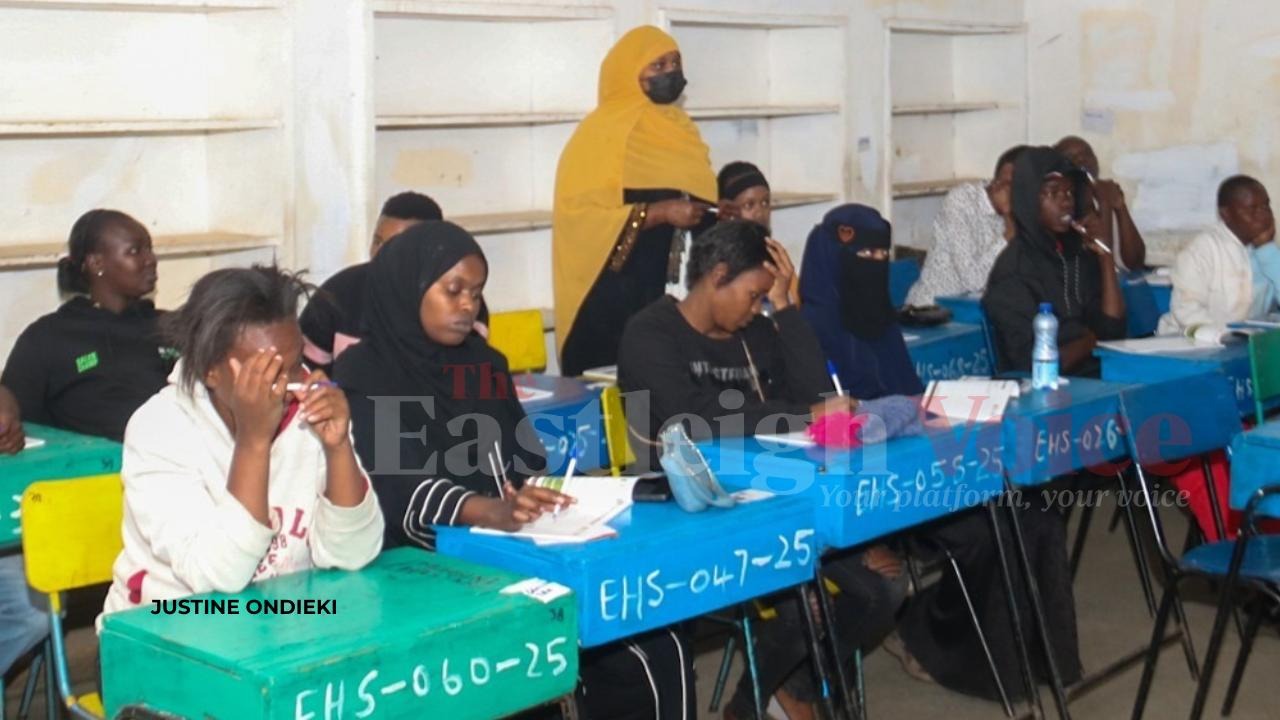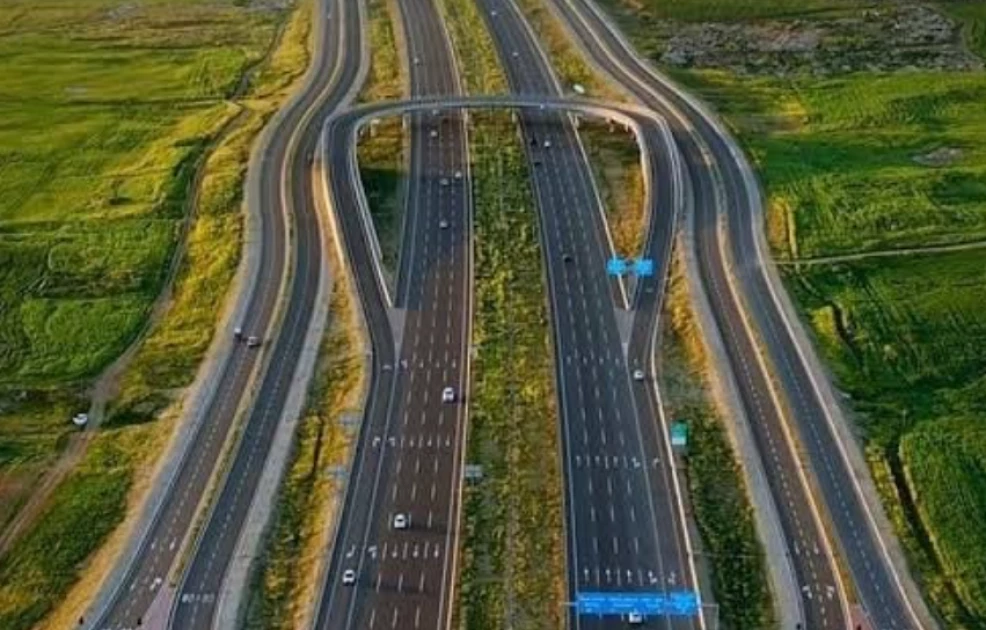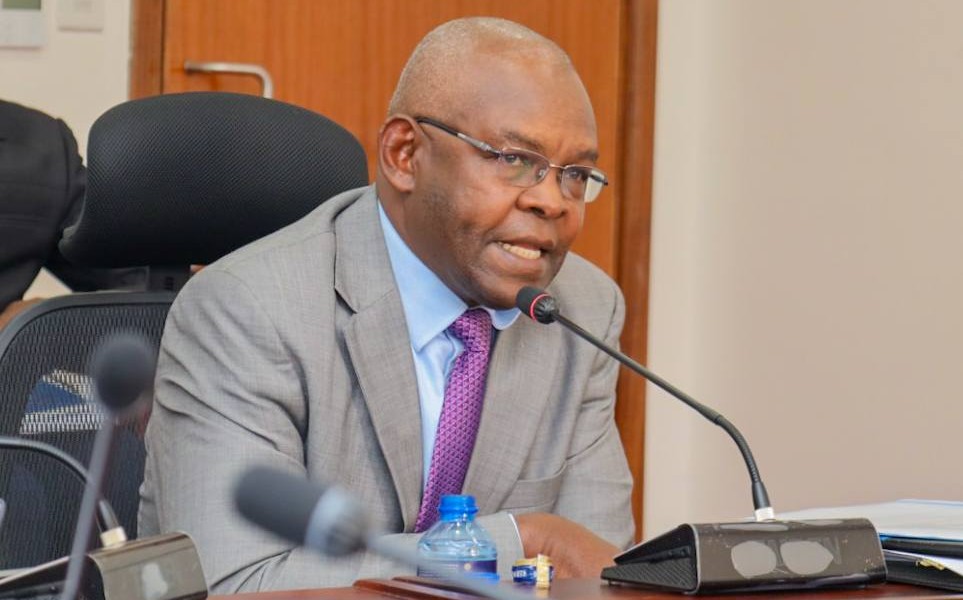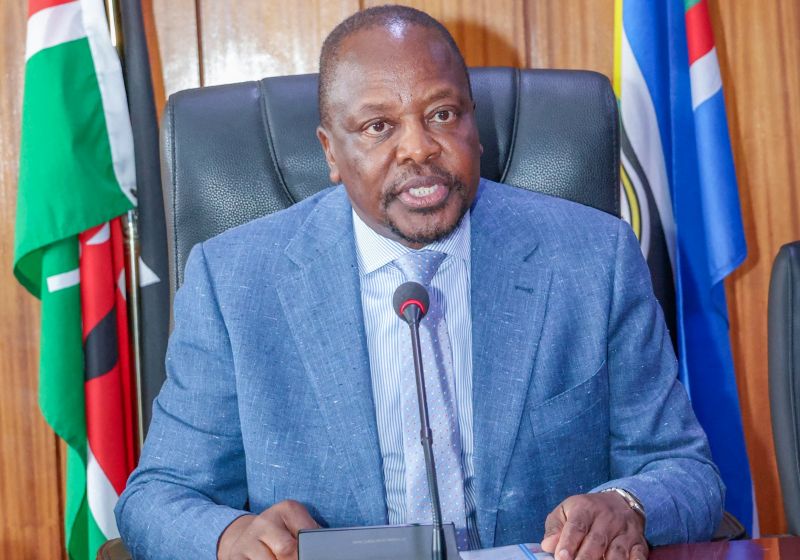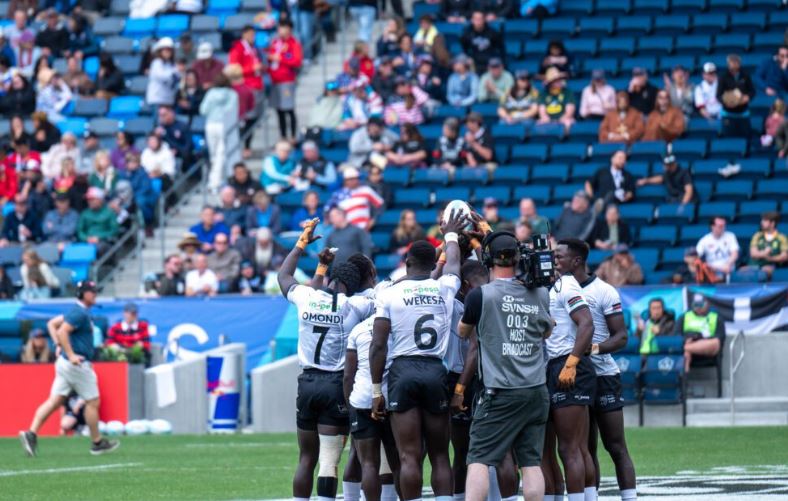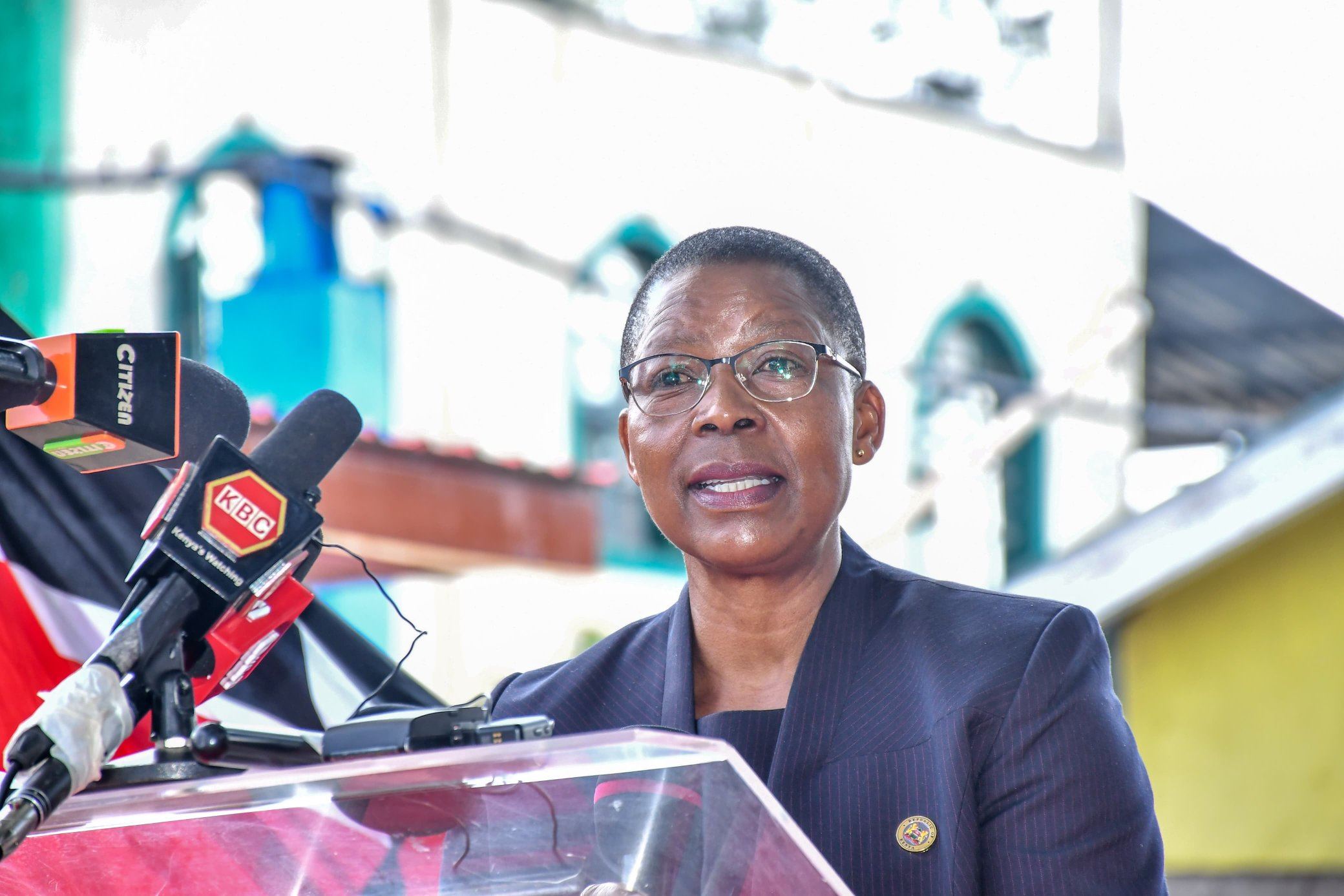Tanzanian Government orders petrol stations to limit fuel sales to boda bodas, tuk-tuks ahead of planned December 9 protest

The government said the measure is necessary to curb mobility that could enable unrest during the demonstrations called by youth groups challenging President Samia Suluhu’s re-election.
Petrol stations in Tanzania have been ordered to restrict fuel sales to tuk-tuk and boda boda operators to no more than two litres, as authorities move to limit movement ahead of the planned December 9 protest.
The government said the measure is necessary to curb mobility that could enable unrest during the demonstrations called by youth groups challenging President Samia Suluhu’s re-election.
More To Read
- ICC urged to probe Tanzania over post-election civilian killings
- Tanzania opposition leader Lissu accuses President Samia of ignoring electoral reforms, fuelling violence amid political crisis
- US Senate Committee on Foreign Relations calls for probe into Tanzania election violence
- Tanzania cancels Independence Day celebrations amid outrage over alleged killings
- Kenyans and Tanzanians unite across borders in new era of civic and democratic activism
- Tanzania President Samia launches inquiry into alleged paid participation in election unrest
“Sell them only a small amount of fuel, not more than two litres, because when you sell them a lot of fuel, you are enabling them to move from point A to point B and continue causing destruction,” Chunya District Officer Commanding District (OCD) Nestory John said in a briefing on Wednesday.
He added that the directive applies to all small transport operators nationwide.
OCD John also added that police were working with fuel traders to ensure they do not unintentionally support criminal acts linked to the planned demonstrations.
“We are also telling fuel transporters not to sell fuel randomly along the road. We have strengthened our patrols in those areas, at fuel stations, and we are monitoring vehicles that transport fuel,” he said.
“Anyone found parked by the roadside selling fuel illegally, one litre, two litres, we will not hesitate to take action in accordance with the law.”
The directives come as tensions escalate ahead of the planned protests, which youth groups say will challenge what they describe as an illegitimate election that returned President Suluhu to office with 98 per cent of the vote.
Opposition parties have dismissed the results as fraudulent, citing intimidation and irregularities, while some candidates were reportedly blocked from participating or detained.
Tanzania has been on edge since the October 28 vote, with opposition leaders alleging killings during earlier protests, claims the government has denied. International observers have also raised concerns over transparency and fairness during the polls.
In her victory speech on November 1, President Suluhu defended the electoral process, describing it as “free and democratic,” and praised security forces for maintaining order. She accused some protesters of being “unpatriotic.”
Further scrutiny of the government’s handling of the unrest followed a CNN report alleging police involvement in shootings. Although the state dismissed the report, officials promised a detailed response.
The new fuel restriction applies to tuk-tuks and boda bodas, which police say have been used to transport protesters. A litre of petrol in Dar es Salaam currently costs 2,752 Tanzanian shillings, meaning two litres sell for 5,504 Tzs, according to the Energy and Water Utilities Regulatory Authority (EWURA).
The protests coincide with Tanzania’s independence day, an event President Suluhu’s administration has cancelled for 2025. Prime Minister Mwigulu Nchemba announced that funds initially allocated for celebrations would instead go toward repairing infrastructure damaged during recent unrest.
“I urge my fellow Tanzanians to come together and discuss the issues affecting us. Let us not return to what we went through, because the consequences are irreparable,” Nchemba said.
The cancellation of the Independence Day events follows mounting pressure on the government over allegations of human rights violations. An international coalition of lawyers and rights groups recently petitioned the International Criminal Court (ICC) to investigate alleged crimes against humanity, including mass killings and the secret disposal of bodies. The government has yet to release an official death toll but has formed a commission of inquiry.
Authorities also imposed a five-day internet blackout after the October 29 vote and warned against sharing protest images. Some footage of the violence was verified by international media, but the government described such material as misleading.
At least 240 people were charged with treason following the unrest, though many have since been released after Suluhu urged leniency.
Despite the restrictions, civil society groups and opposition figures say the fuel cap will not deter citizens from demonstrating. Analysts warn that boda boda and tuk-tuk riders, whose livelihoods depend on daily fuel consumption, are likely to suffer most under the new directive, adding to public frustration as the country heads into another tense political moment.
Top Stories Today

